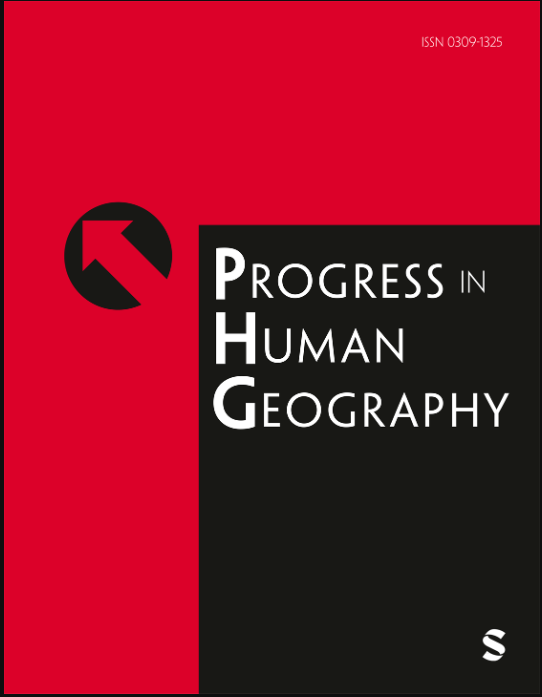“老派社会主义者”
IF 6.1
1区 社会学
Q1 GEOGRAPHY
引用次数: 0
摘要
迈克·戴维斯称自己为“老派社会主义者”是什么意思?在这篇颂词中,我认为戴维斯提出了革命伦理学的理论和实践。我将重点放在戴维斯的第一本书《美国梦的囚徒》(Prisoners of the American Dream)上,向我们展示他是如何在对多种族叛乱充满希望的同时,对新自由主义提出最早、最尖锐的批评之一的。我认为,即使在最黯淡的时代,戴维斯对工人的反抗也保持着葛兰西式的承诺,对工人权力的潮起潮落进行了敏锐的分析。最重要的是,他知道这项工作是必要的,这项工作需要战斗和组织——作为一个老派社会主义者。本文章由计算机程序翻译,如有差异,请以英文原文为准。
“Old school socialist”
What did Mike Davis mean when he referred to himself as an “old school socialist”? In this tribute, I argue that Davis laid out a theory and praxis of revolutionary ethics. With a focus on Davis's first book, Prisoners of the American Dream, I show how he gives us one of the earliest and sharpest critiques of neoliberalism while being hopeful about multiracial insurgency. I argue that even in the bleakest of times, Davis maintained a Gramscian commitment to worker rebellions, with a keen analysis of the ebb and flow of worker power. Most of all, he knew that the work was necessary and that the work entailed fighting and organizing—as an old school socialist.
求助全文
通过发布文献求助,成功后即可免费获取论文全文。
去求助
来源期刊

Progress in Human Geography
GEOGRAPHY-
CiteScore
16.40
自引率
7.00%
发文量
56
期刊介绍:
Progress in Human Geography is the peer-review journal of choice for those wanting to know about the state of the art in all areas of research in the field of human geography - philosophical, theoretical, thematic, methodological or empirical. Concerned primarily with critical reviews of current research, PiHG enables a space for debate about questions, concepts and findings of formative influence in human geography.
 求助内容:
求助内容: 应助结果提醒方式:
应助结果提醒方式:


